“I would like one time,to search for ‘Christchurch’ on Roblox and not find a new recreation of the 2019 Christchurch mosque shooting on a game platform aimed at very young children.”
Tagged with safeguarding
With 15m people in England alone living with a long-term condition, and numbers rising, it’s no surprise the chronically ill community has exploded online in the last few years. Celebrities like Lady Gaga, Selena Gomez and Lena Dunham are opening up about their conditions, and chronic illness influencers are attracting huge social media followings.
MP Maria Miller wants a parliamentary debate on whether digitally generated nude images need to be banned.
It comes as another service which allows users to undress women in photos, using Artificial intelligence (AI), spreads rapidly on social media.
The website in question had more than five million visits in June alone, according to one analyst.
Celebrities, including an Olympic athlete, are among those who users claim to have nudified.
July 21
Updated statutory guidance for schools and colleges on safeguarding children and safer recruitment.
Here's a summary by the Education People of the key online safety requirements for schools and colleges.
More than 200 high-profile women have signed an open letter asking for concrete action to tackle abuse on social media platforms.
The letter - signed by women including former Australian prime minister Julia Gillard, ex-US tennis player Billie Jean King and British actresses Thandiwe Newton and Emma Watson - has been published at the UN Generation Equality Forum.
Ofsted has warned UK schools that they need to act as though sexual harassment and online sexual abuse is happening to them – even if they haven’t been named on the Everyone’s Invited website. The education watchdog published the results of their rapid review of sexual abuse in schools and colleges on the 10th of June, 2021.
This is a summary by INEQE Safeguarding Group.

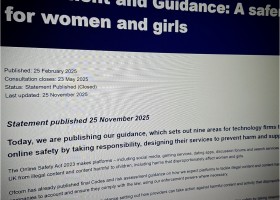

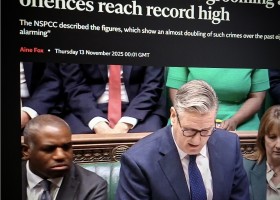
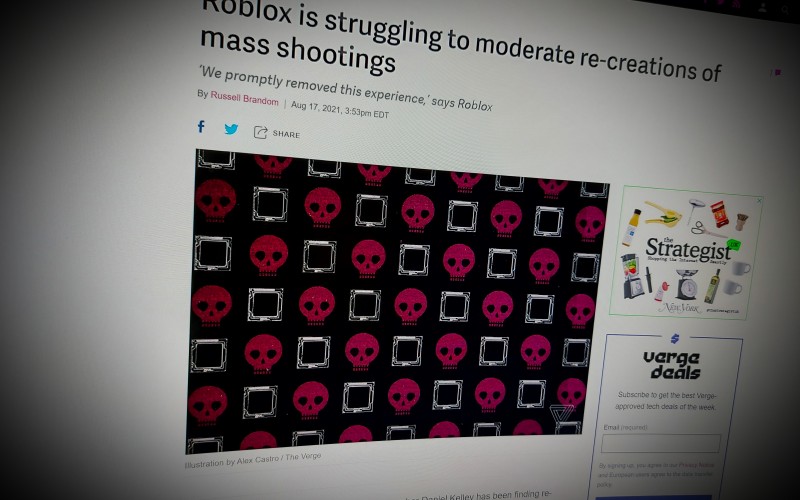
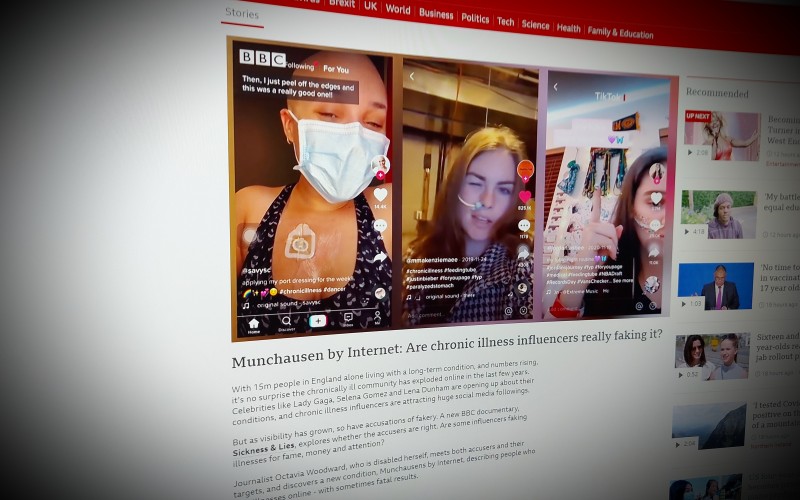
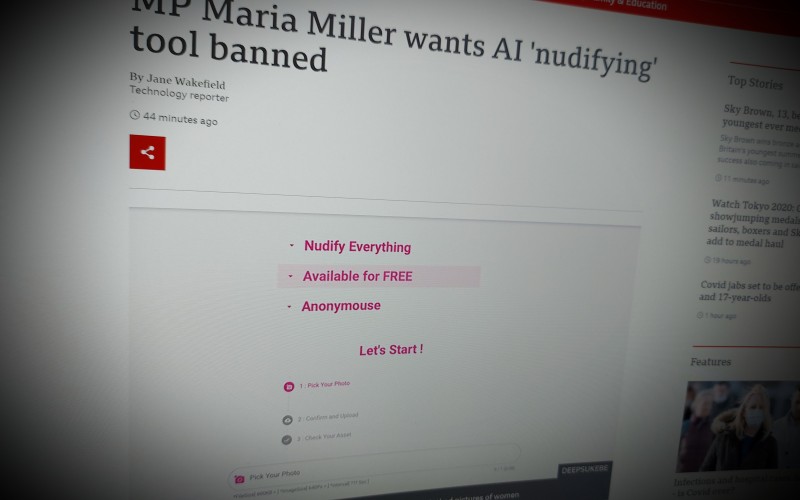
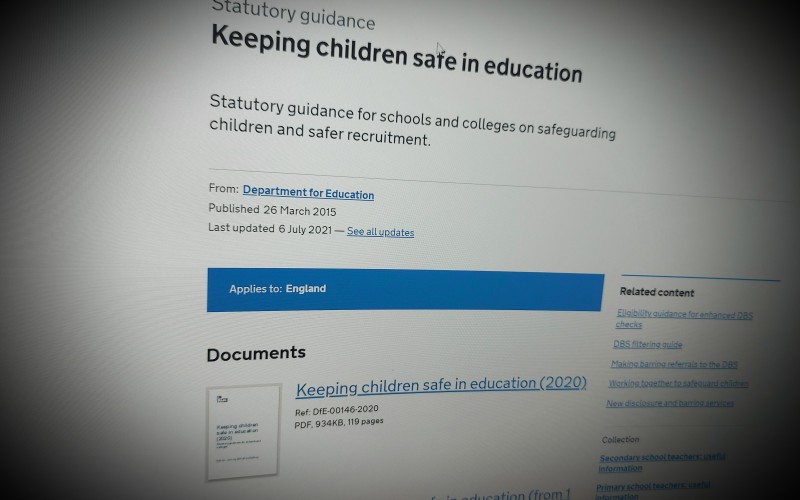
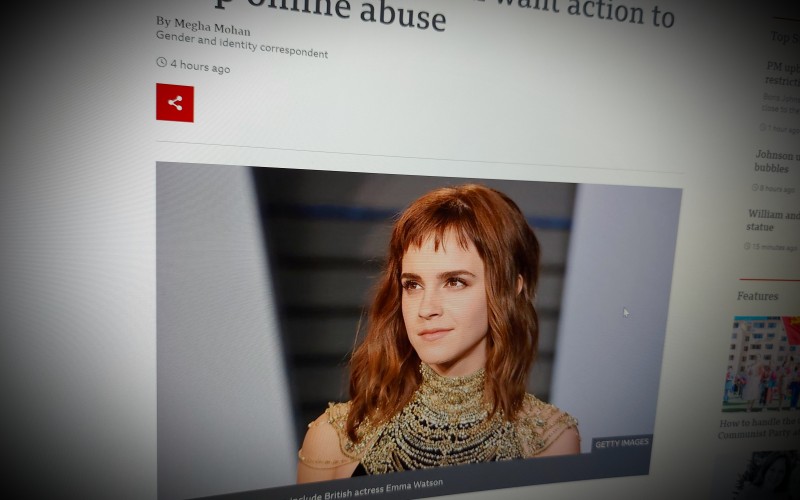
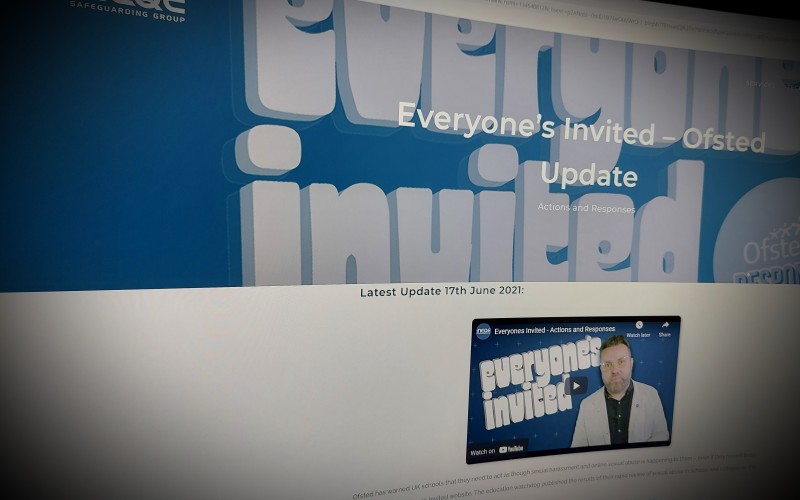
Comments
make a comment